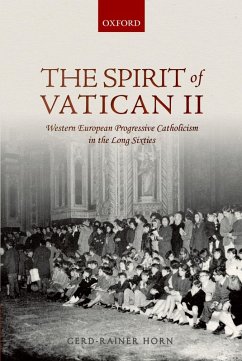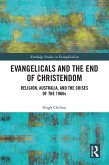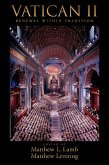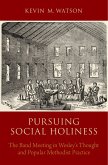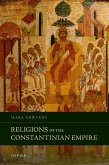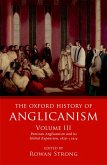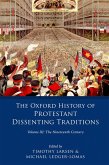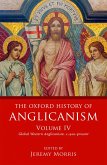Vatican II profoundly changed the outlook and the message of the Catholic Church. After decades, if not centuries, in which Catholic public opinion appeared to be primarily oriented towards the distant past and bygone societal models, suddenly the Catholic Church embraced the world as it was, and it joined in the struggle to create a radiant future. The Sixties were a time of great socio-cultural and political ferment in Europe as a whole. Especially the second half of the 1960s and the first half of the 1970s witnessed an astounding range of 'new' and 'old' social movements reaching for the sky. Catholic activists provided fuel to the fire in more ways than one. Catholics had embarked on the quest for new horizons for some years prior to the sudden growth of secular activism in and around the magic year of 1968. When secular radicals joined up with Catholic activists, a seemingly unstoppable dynamic was unleashed. This book covers five crucial contributions by Catholic communities to the burgeoning atmosphere of those turbulent years: a) the theological innovations of Vatican II, which made such an unprecedented engagement of Catholics possible in the first place, but also post-conciliar theological developments; b) the resurgence of the worker priest experiment, and the first-ever creation of autonomous organisations of radical parish priests; c) the simultaneous creation of grassroots organisations - base communities - by (mostly) lay activists across the continent; d) the crucial roles of Catholic students in the multiform student movements shaping Europe in these years; e) the indispensable contributions of Catholic workers who helped shape - and often initiated - the wave of militant contestations shaking up labour relations after 1968.
Dieser Download kann aus rechtlichen Gründen nur mit Rechnungsadresse in A, B, BG, CY, CZ, D, DK, EW, E, FIN, F, GR, HR, H, IRL, I, LT, L, LR, M, NL, PL, P, R, S, SLO, SK ausgeliefert werden.

